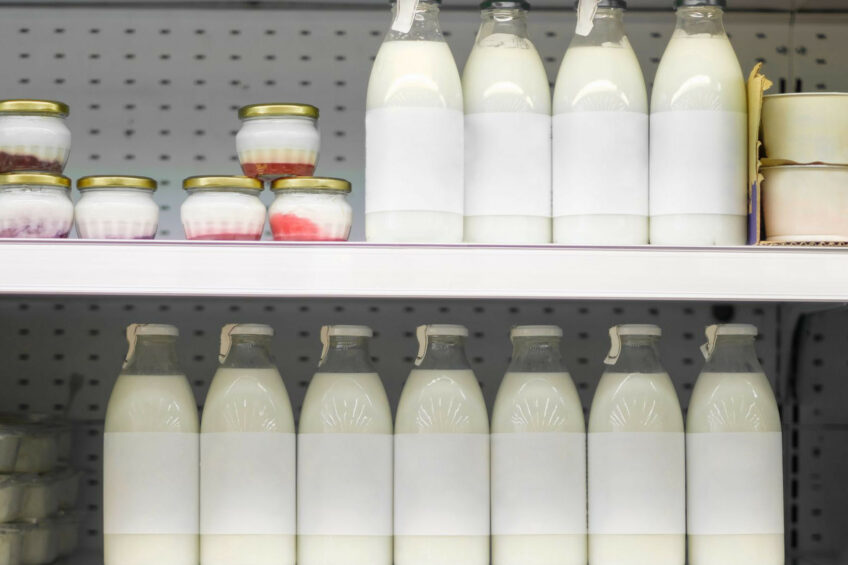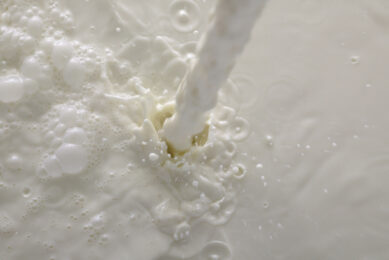Imports placing pressure on the Moldovan dairy industry

The Moldovan dairy market is suffering from the inflow of imports from Belarus, Ukraine, and the European Union. Unless urgent measures are taken to ensure local dairy has a guaranteed space on shelves, the industry is braced for a wave of bankruptcies.
The Russian ban on dairy product imports from Moldova, enforced in December 2023, has significantly impacted the country’s dairy industry. This ban, as reported by local news, has contributed to the crisis. The loss of the Russian market, which used to be a significant buyer of Moldovan cheese, has left the industry struggling to find stability.
Costs hinder competitiveness
Soaring gas prices is another challenge to reckon with. As reported by Vadim Ketrar, Agroexpert analyst, most dairy processing plants in the country run on natural gas, the price of which in Moldova is some of the highest in Europe. As a result, some products, like dry skim milk of Moldovan origin, have become uncompetitive.
The analyst revealed that many Moldovan food companies switched to imports of cheaper dry skim milk from Ukraine and the EU, leaving the local products.
State of oversupply
Moldova’s dairy industry is consistently losing ground in the home market. Supermarkets are now increasingly working with importers, with numerous advantages offered. These include longer shelf life of their products with the use of advanced packaging, which not all local factories can afford to use. Importers also benefit from economies of scale, allowing them to offer lower prices than local producers.
In the summer of 2024, the traditional seasonal decline in dairy consumption drove the Moldovan dairy industry to oversupply.
Urgent measures needed
Carolina Linte, executive director of the Association of Milk and Dairy Producers Lapte, says dairy companies are struggling to lower operational costs. She added, the industry is unlikely to ensure the survival of the less effective players. Specifically, milk farmers with small herds and ineffective dairy companies will be pushed out of the business.
“Probably, in the short term, only fairly large operations will survive, with more or less modern and energy-efficient cooling and storage equipment and adequate product transportation capabilities,” Linte says.
What the industry needs is regulation guaranteeing a minimal space on grocery shelves, reserved for dairy products of Moldovan origin, Linte states.
Join 13,000+ subscribers
Subscribe to our newsletter to stay updated about all the need-to-know content in the dairy sector, two times a week.










